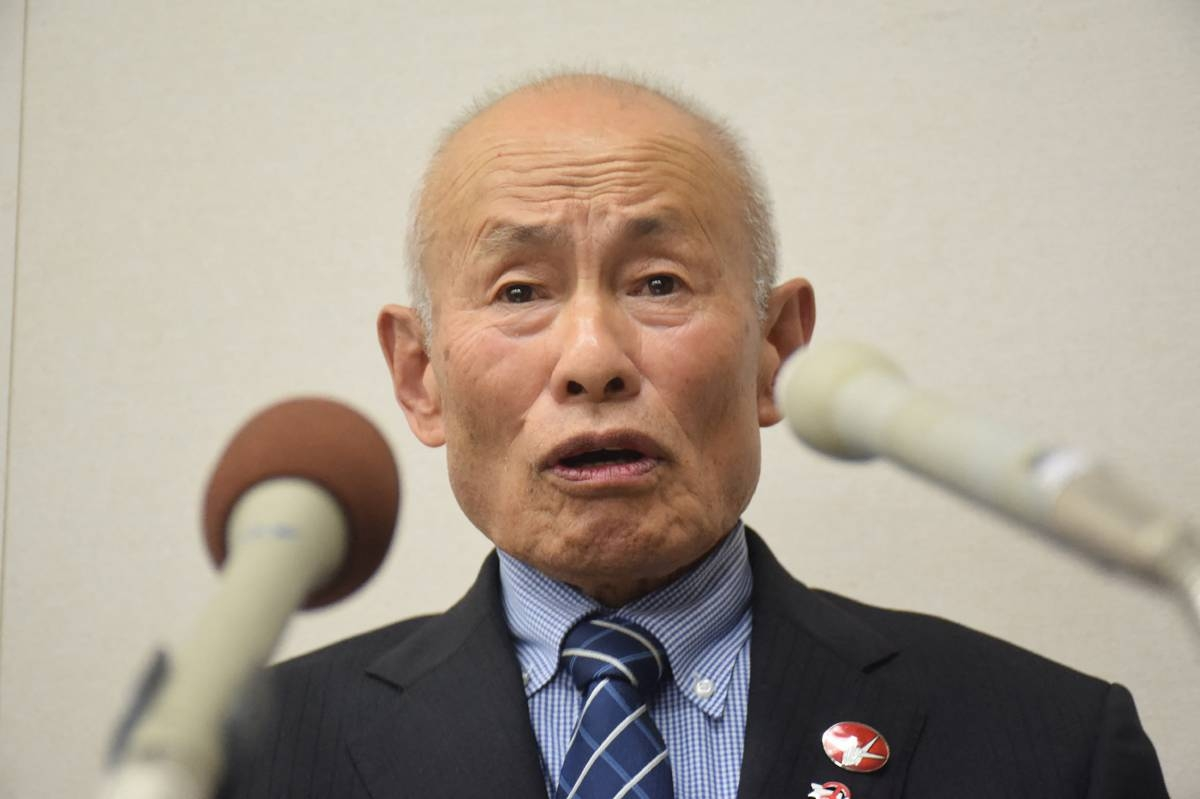Japanese organization Nihon Hidankyo, a movement representing atomic bomb survivors from Hiroshima and Nagasaki, has been awarded the 2024 Nobel Peace Prize. The prestigious award recognizes the group’s unwavering commitment to the abolition of nuclear weapons and their efforts to warn the world about the catastrophic consequences of their use.
Formed by survivors, known in Japan as “hibakusha,” Nihon Hidankyo has long fought for a nuclear-free world, sharing harrowing personal testimonies of the devastation wrought by the only two nuclear bombs ever used in conflict.
The Norwegian Nobel Committee praised the group for its determination to achieve a world without nuclear weapons. In their citation, they acknowledged the survivors’ ability to “describe the indescribable” and communicate the “incomprehensible pain and suffering caused by nuclear weapons.”
Hibakusha: Voices of the Nuclear-Free Movement
Toshiyuki Mimaki, co-chair of Nihon Hidankyo and a survivor of the Hiroshima bombing, expressed his disbelief and deep emotion upon receiving the news. “I can’t believe it’s real,” he said, speaking from Hiroshima, where the first atomic bomb was dropped on August 6, 1945. He hopes that the recognition will strengthen their message to the world that nuclear weapons can, and must, be abolished. “This will be a great force to appeal to the world that the abolition of nuclear weapons and everlasting peace can be achieved.”
In Japan, hibakusha have faced years of discrimination due to the visible scars left by radiation burns and the diseases caused by radiation exposure, including leukemia. Many survivors, now averaging 85.6 years of age, have dedicated their lives to ensuring that the horrors they experienced are never repeated. As of March 2023, there were 106,825 registered atomic bomb survivors in Japan.
Warning to Nuclear Nations
Joergen Watne Frydnes, chair of the Norwegian Nobel Committee, used the occasion to send a stark warning to nuclear-armed nations. Without naming specific countries, he emphasized the dangers posed by the current global climate, where nuclear threats have been growing more common. “We wanted to highlight the importance of strengthening the nuclear taboo,” Frydnes said, referencing the international norm against the use of nuclear weapons.
He further criticized the ongoing modernization and upgrading of nuclear arsenals, which, he said, weakens the global resolve against their use. “Nuclear war could mean the end of humanity, the end of our civilization,” Frydnes added, urging the world to heed the “painful and dramatic stories of the hibakusha.”
Recent nuclear threats from global leaders, including Russian President Vladimir Putin and North Korean leader Kim Jong Un, have heightened international concerns. Putin has repeatedly mentioned the possibility of using nuclear weapons in the context of Russia’s war in Ukraine, while Kim has declared his intent to build North Korea into a nuclear superpower. The growing tension in the Middle East has also raised concerns about Iran’s nuclear ambitions.
A Sobering Reminder
The Nobel Committee’s decision to honor Nihon Hidankyo arrives just before the 80th anniversary of the U.S. atomic bombings of Hiroshima and Nagasaki, which killed over 200,000 people and brought World War II to a close. Dan Smith, head of the Stockholm International Peace Research Institute, stated that this award draws attention to the dangerous escalation of nuclear tensions worldwide and the importance of preserving nearly 80 years without the use of such weapons. He called Nihon Hidankyo “an important voice to remind us about the destructive nature of nuclear weapons.”
The award echoes previous Peace Prizes, including those to Elie Wiesel in 1986 and Russia’s Memorial in 2022, both of which emphasized the importance of remembering the past to prevent future atrocities. In 2017, the Nobel Committee similarly honored the International Campaign to Abolish Nuclear Weapons (ICAN), further highlighting the global struggle against nuclear armament.
Japan’s Second Nobel Peace Prize
This recognition marks the second time a Japanese recipient has won the Nobel Peace Prize. The first was awarded to former Prime Minister Eisaku Sato in 1974 for his role in signing the Nuclear Non-Proliferation Treaty and stabilizing the Pacific Rim. Nihon Hidankyo’s victory not only honors Japan’s historical contributions to peace but also reaffirms the nation’s commitment to a nuclear-free future.
The Nobel Peace Prize, worth 11 million Swedish crowns (approximately $1 million), will be presented in Oslo on December 10, the anniversary of the death of Alfred Nobel, the Swedish industrialist who established the Nobel Prizes through his 1895 will.


















